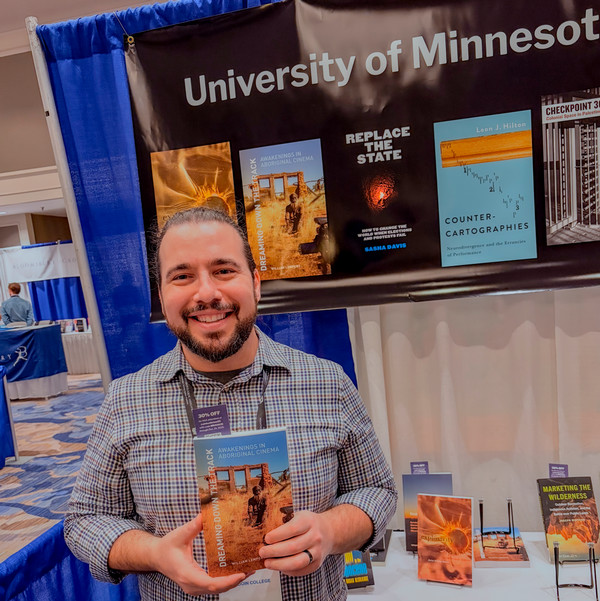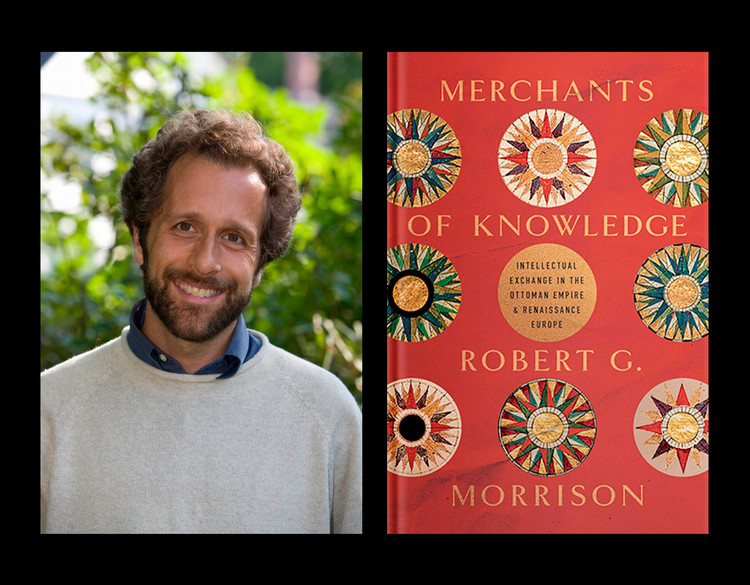Professor Van Vleet Publishes Ethnography of Young Peruvian Mothers
By Rebecca Goldfine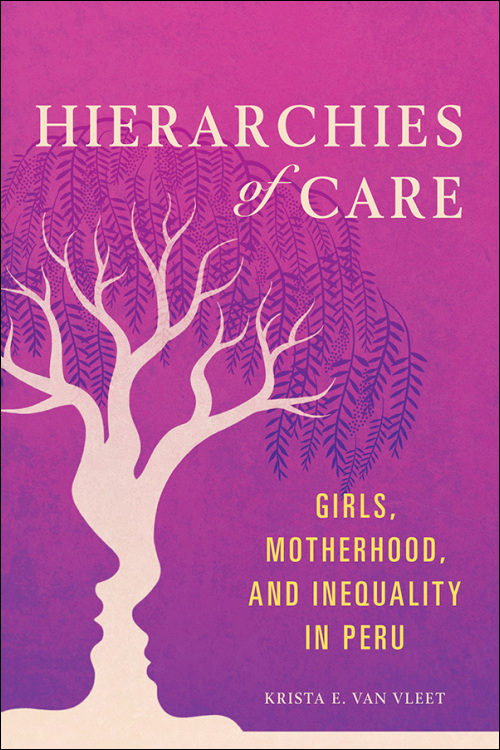
Hierarchies of Care is Krista Van Vleet's third book. Her first, Performing Kinship: Narrative, Gender, and the Intimacies of Power in the Bolivian Andes, examines how day-to-day interactions and more unusual events in the lives of indigenous women affect their social bonds and relationships. Her second book, Making Families through Adoption, provides a comprehensive look at adoption practices in the United States and in other cultures, offering insight into the practices and ideology of kinship and family.
Palomitáy, in the highland city of Cusco, does not function like the sort of orphanage we tend to imagine—where children without parents are raised. Rather, Palomitáy accepts unmarried young mothers— girls as young as twelve and no older than eighteen—who have no relatives willing or able to care for them or their babies. The Peruvian state places these young women in the residence after declaring them “morally and materially abandoned.”
Importantly, Palomitáy is one of only a handful of orphanages that attends to the specific needs of young mothers. Only those girls who commit to raising their children may remain in Palomitáy.
Van Vleet, who has also done extensive research on kinship and gender in Bolivia, became curious about how girls in those situations came to see themselves—or not—as mothers, and how they developed and made decisions for themselves and their babies in search of a "good life." Her research led to her latest book, Hierarchies of Power: Girls, Motherhood, and Inequality in Peru, published by the University of Illinois Press.
Praising the book as "accessibly written and analytically sophisticated," reviewers note that Van Vleet pays particular attention to the moral entanglements that emerge for the girls amid the inequalities and insecurities of today's Peru.
"Van Vleet centers the stories and experiences of very young mothers who navigate violences and injustices large and small," writes Brown University anthropologist Jessaca Leinaweaver. "Here, an international humanitarian non-governmental organization cares for young mothers and their children by teaching the mothers how to care. It's a tremendously layered lesson: an education in care smuggles with it understandings of racial and social hierarchy in Peru, hinting at the inadequacy of indigenous domesticity."
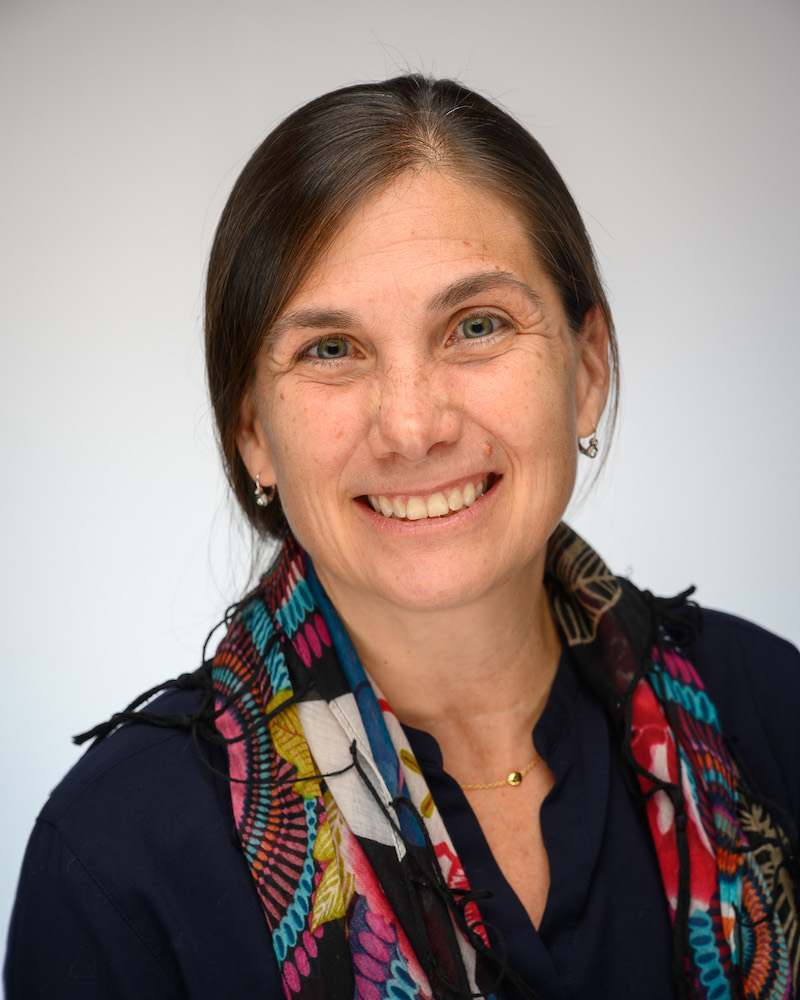
The young women at Palomitáy, who are often physically and/or emotionally far from their families and communities, grow into adulthood within a web of racial, social, class, and gender hierarchies that places them—young, female, poor, often indigenous—close to the bottom. Within this milieu, they are asked by the state and their caretaking institution—an independent, secular, and European-funded nonprofit—to learn to become proficient parents.
"The institution [of Palomitáy] and the state frame these young women constantly as mothers, and their mission is to support them so they can care for their children in the most modern, up-to-date ways, so they become modern mothers," Van Vleet said in a recent interview.
For some of the girls, the education offered by Palomitáy departs from their own experiences growing up. "A lot of these girls are very poor and working class, some of them are indigenous, and they might have a different understanding about how you care for babies," Van Vleet said. "So my book traces out our ideas of care and how care becomes intertwined with different kinds of hierarchies, whether they're gender, class, or racial."
Besides room, board, and clothing, Palomitáy provides its wards with educational and cocurricular programs—such as theater and photography classes—often taught by foreign volunteers. It also offers parenting classes, child care, job training, psychological counseling, and reproductive and early child health care.
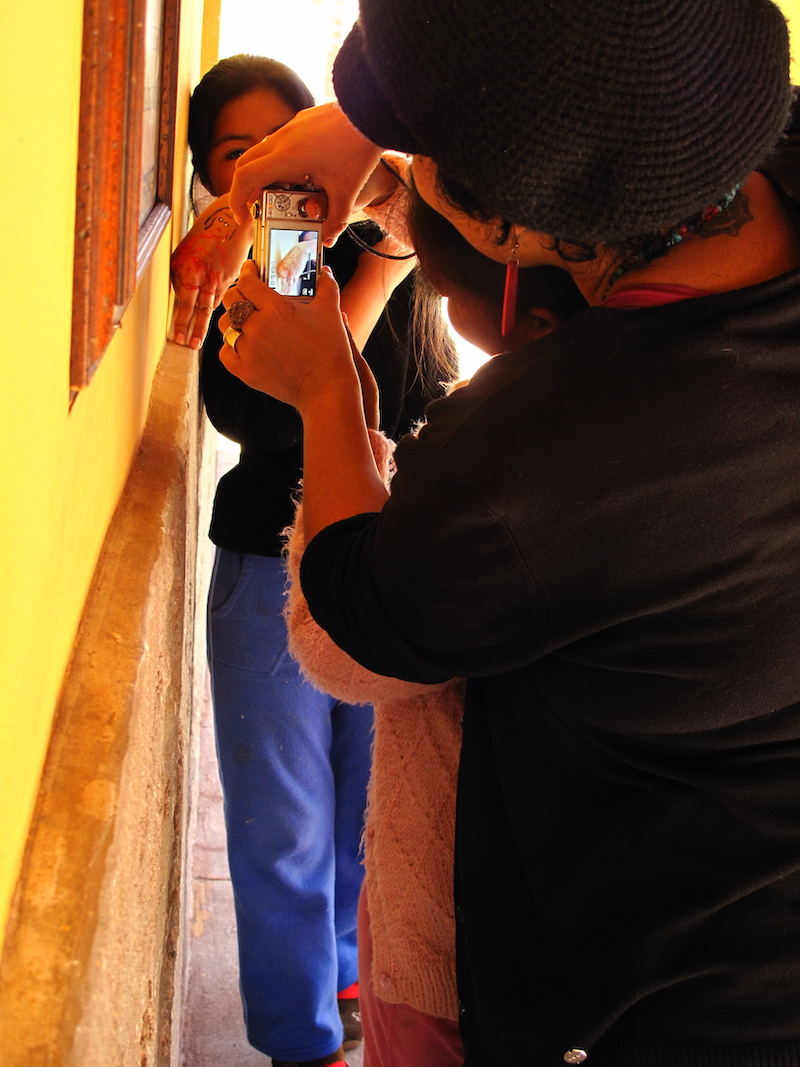
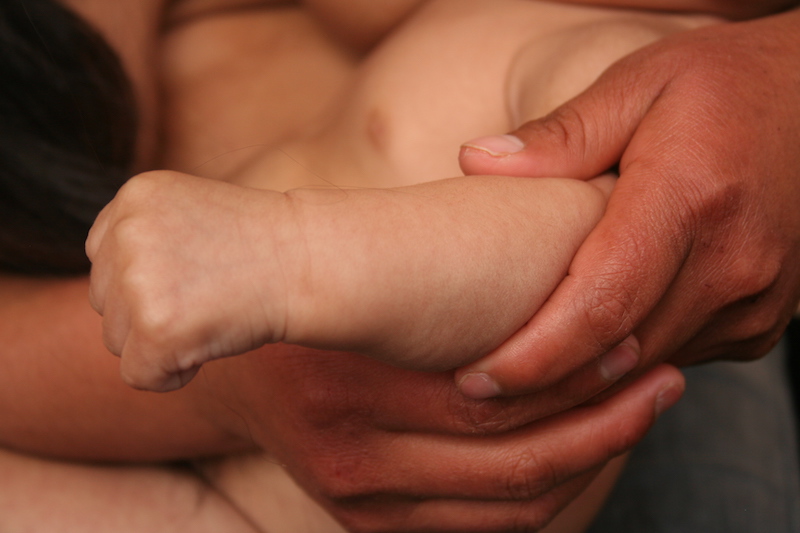
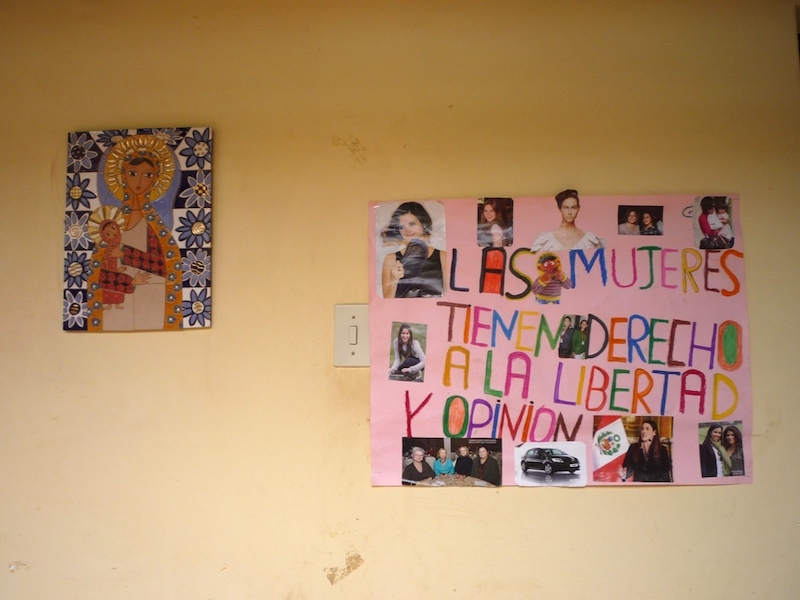
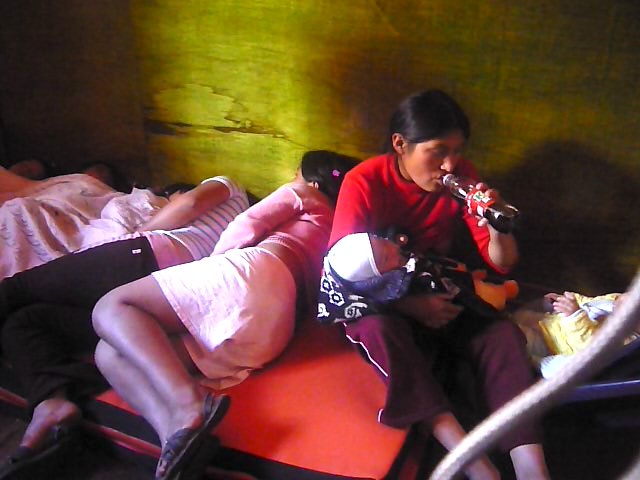
“It’s important to recognize that these young women don’t see themselves only as mothers," Van Vleet said. "They also see themselves as students, daughters, or just teenagers who want to hang out and listen to music or watch TV.”
Through interviews with the young mothers and with staff, and through many days spent at the residence, Van Vleet observed how the girls absorbed, reframed, and sometimes resisted Palomitáy’s lessons on motherhood. “I try to show how an individual’s sense of self is in process. But that process is dynamic and contingent. It emerges between people in their interactions with each other. It’s not simply imposed by an institution or controlled by any single individual.” As they took photographs or performed skits and plays, the girls also creatively engaged with each other, representing themselves and imagining their futures.
Van Vleet describes this process as one grounded in morality—one that the girls had to negotiate every day, in ordinary interactions and in small and large decisions.
"They all had to figure out how they wanted to live a better life, and they talked a lot about living a better life, or making life better for themselves and their child," she said. "And that is really a moral discourse in an ordinary sense. How one lives a good life is something we all struggle with."
One of the most significant choices each girl had to make was whether to continue caring for her child or offer the child for adoption. Even if girls initially come to Palomitáy with the intention of raising their children, some in the end decide to relinquish them. In this case, the mother and child are separated, each placed in a different orphanage, Van Vleet said.
"They are twelve, fourteen years old, trying to figure this out," she said. But while a few girls decide they are not ready to be mothers, others become very attached to their children, using motherhood as a launchpad into a different kind of life.
"These are young people trying to do their best in a context that is not easy, in a context in which they haven't been able to choose much in their lives," Van Vleet said. "They don't have a lot of resources, social networks, or money, but they are all trying to figure out what is going to be the best path forward for living well."
